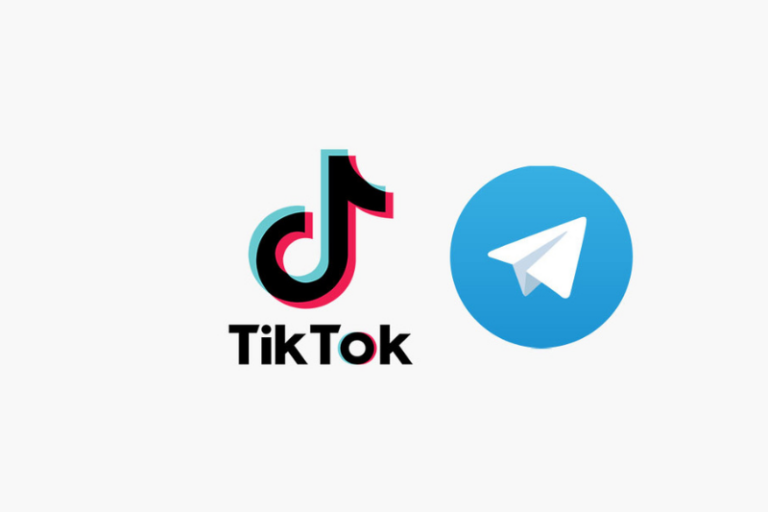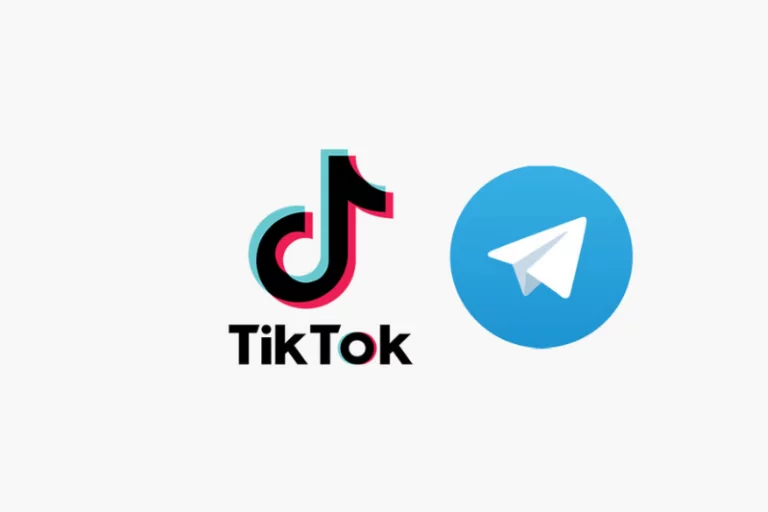

somalia orders the shutdown of telegram and tiktok.
The Ministry of Communications and Technology in Somalia has given the internet service providers instructions to block access to the social media platforms TikTok and Telegram, as well as the gambling website 1xBet. Jama Hassan Khalif, the Minister of Communications and Technology, issued the directive in a statement on Sunday. He cited security and combating terrorism as justifications for barring the companies.
According to the statement, the ongoing crimes carried out by terror organizations on social media platforms had an impact on society’s safety and security. Furthermore, the Ministry stated in a statement that it is striving to safeguard Somalis’ moral behavior when utilizing internet and communication technologies that have impacted their way of life and encouraged “bad practices.”
Khalif stated in the statement, “You are required to shut down the aforementioned applications by Thursday, August 24, 2023, at the latest.” “Anyone who disobeys this order will be subject to appropriate and transparent legal action.” The extremist organization al-Shabab frequently disseminates press releases, videos, and audio from interviews with its leaders via Telegram’s messaging service.
Al-Shabab frequently updates websites and Telegram within minutes of its strikes. As soon as their Telegram accounts are removed, the group usually starts new ones. The website in Somalia with the highest growth is reportedly TikTok. Young individuals and even government leaders utilize it.
In an announcement from last week, TikTok said that it has conducted several seminars with different Somalian stakeholders to maintain the platform’s security. The statement claimed, “During the same period, our team removed over 280,000 videos that violated its guidelines in Somalia.”
“Before they were reported, we found and eliminated 98.7% of these films that violated the rules. Our proactive strategy demonstrates our dedication to upholding a secure and law-abiding platform for our users. We’re glad to prioritize digital safety as a shared responsibility, according to https://newsroom.tiktok.com/en-africa.
Reactions to the Ministry’s action on social media were mixed. The injunction won’t be followed, according to Abdulkadir Ali Mohamud, also known as Bilaal Bulshaawi, who has 1.2 million followers on TikTok. It’s not going to work, he added, since the [internet] firms have the authority to permit this to be shut down. Given that it’s the most popular program and that users consume a lot of data, it is not in the interests of the firms to discontinue the services.
Unidentified, a prominent social media user called the government’s decision a “ridiculous knee-jerk reaction to a serious issue.” “They have settled for a blanket ban instead of creating a policy around how to target immoral social media accounts,” the man stated. “A typical government would have gotten involved with the disputed platforms and set up channels of communication to target individual accounts. Hundreds of well-known Somali users on TikTok who earn a respectable living on the platform now need to find other sources of income.
In an interview with VOA Somali, Khalif defended the decision, stating that the websites are “hurting the state.” He claimed, “These sites are misused; they have created security issues; they are used to undermine society and security; and they encourage immoral behavior.”
“This is the right time to make this decision because there is a strong need to ban them.” The authorities in Somalia did not disclose the number of users of betting websites, but they did state that they believed the websites were sending sizable amounts of money back to their home nations. According to Khalif, wagering on 1XBET is even diverting the attention of government troops who are fighting for their country. “We are aware of the widespread use,” he stated.
He claimed that the individuals operating these websites within the nation are unknown to the government. It’s illegal; no one taxes it; no one knows who they are or where they originate from; and that kind of money is not Halal (permissible). Although the Somali government ordered internet service providers to block al-Shabab websites last year, some of the sites are still accessible worldwide.
The federal government of Somalia declared it illegal for anyone to use social media to promote terrorists’ acts of violence and to spread terrorist propaganda. “Anyone who fails to comply with this resolution will face legal action,” the official statement at the time stated.
In an effort to raise public awareness of the risks associated with communication and the Internet—which facilitate the simple dissemination of false information and news that injures innocent people or incites a community—the Ministry of Communication and Technology announced that it has started a public awareness campaign.
The cricket authority in Zimbabwe will organize matches between top international teams in a major cricket event expected to succeed…
In 2025 the South African Social Security Agency (SASSA) announced its designated dates for social grant payments that benefits millions…
Africa is taking big steps by entering the global green technology manufacturing market to stop being just a supplier of…
Two mobile telecom leaders, MTN Group and Airtel Africa, joined forces to create a new digital infrastructure system throughout African…
South African President Cyril Ramaphosa defended his nation against claims of white discrimination made by tech magnate Elon Musk. After…
Hilton launched Signia by Hilton for its first appearance in Egypt and Africa through its hotel expansions. These hotels at…
This website uses cookies.